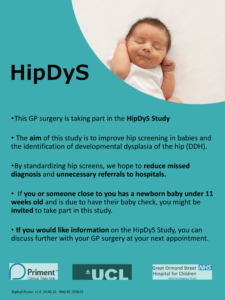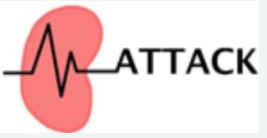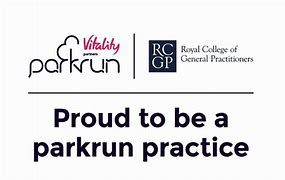These studies are still running in the background but are no longer recruiting patients, or are in follow up.
- Diamond Study –
This is a study for patients with type 2 diabetes to identify whether they can reverse their diabetes by following a very low calorie eating regime. Some surgeries have patients following the study dietary plan and others follow their usual care route.
- HipDys –
Evaluation of an aid to diagnosis for congenital dysplasia of the hip in General Practice.
For more information about the study please click here
- Attack –
This study seeks to find out if low-dose aspirin reduce the chance of a first heart attack or stroke in patients with chronic kidney disease (CKD).
- Alternative CErvical screening (ACES) in Primary Care study
Manchester University were running this study to determine whether a urine test can accurately be used for cervical screening in the future.
For more information please visit the study website by following this link.
https://sites.manchester.ac.uk/aces/







